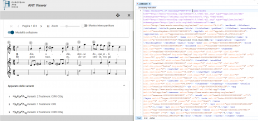
Presentation of the digital edition of the ERC European Ars Nova project on the occasion of the webinar "Past music today"
On the 13th of May 2020 Michele Epifani e Chiara Martignano, respectively researcher and digital humanist within the ERC European Ars Nova project, will hold a seminar about how new digital technologies hav changed the way musical philologists work, during which they will also present a first prototype of the digital edition. The seminar, organised by the Laboratorio di Cultura Digitale of the University of Pisa, is open to the public and will be hosted on the platform Microsoft Teams. In order to participate, it is suffcient to go online at the following link at 2.15pm.
Currently the web application of the digital edition shows interactive scores and allows the user to consult the critical apparatus both in a traditional and in an innovative way, comparing dynamically the main text with the readings of the various witnesses. The seminar, besides presenting the prototype, will be about the relationship between musical philology and the web, focusing on how to make digital editions of musical works of the past. Follows the abstract of the seminar.
How do we know and perform the music that used to be played in Europe at the times of Dante and Petrarca? Musicologists, by studying old manuscripts, allow a public of musicians and music estimators to discover music composed by artists of the past.
Digital media have changed the way musicologists work, as witnessed by the ever increasing number of digital editions and databases available online that collect images and data about composers and works from the past centuries. Musicology interwined with computer science, creating new tools that represent and visualise musical texts interactively and that make music from the past more and more accessible and usable by today’s users.
Among these tools the most used ones are a system for the encoding of musical texts developed by the MEI MEI (Music Encoding Initiative) and Verovio, a music engraving library that can be used to “draw” scores on a web page in a flexible way.
The seminar aims to show the main functionalities and the potentiality of the aforementioned tools, showing some examples of musical digital editions and how these tools were implemented within the digital edition developed by the ERC European Ars Nova project.
